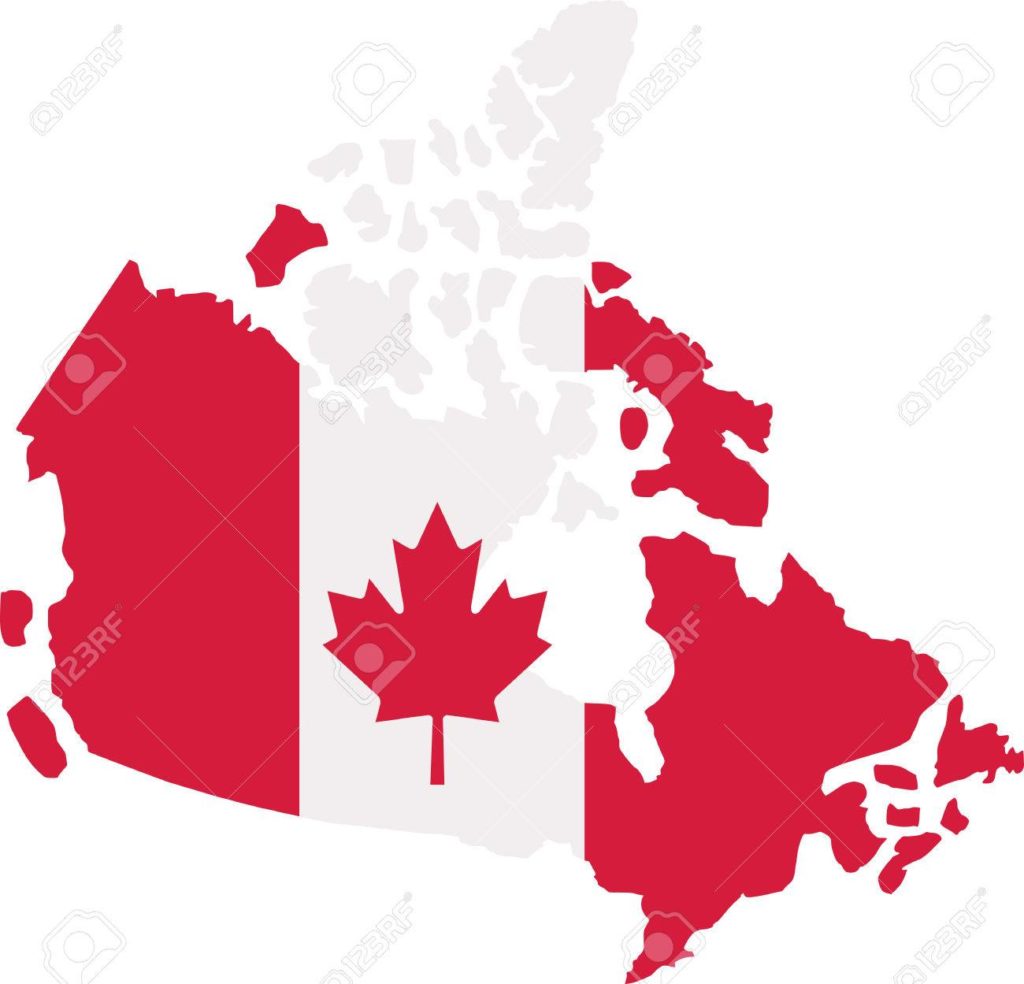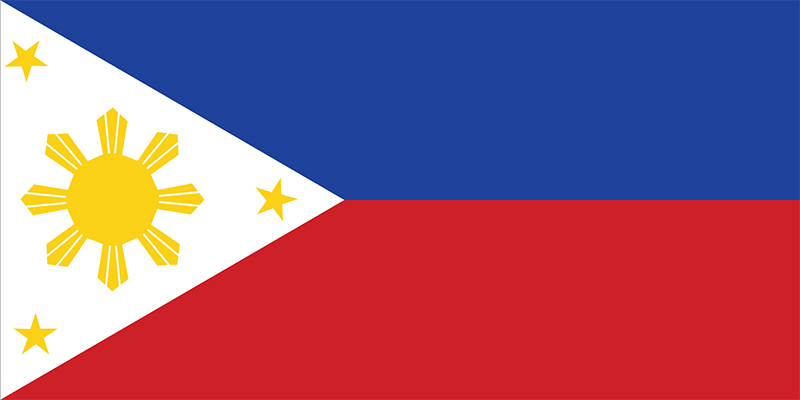I went to The Philippines on March 2/4 (left on a Wednesday, arrived on the Friday) to visit my Filipino pamilya there and then retrieve my asawa and bring her at last back to Canada with me after 22 months separation due to travel restrictions imposed by both countries in response to the covid-19 pandemic.


In this post I want to make some observations of what I saw on the ground in the Philippines during my three week sojourn there and then what I found in Canada when I returned, and see what we might draw as lessons learned.
(I think I will skip over the hugely frustrating ordeal, in both Canada and The Philippines, of flying under both covid protocols and the ever-persisting anti-terrorist security procedures. How we long for the comparative ease of flying prior to 2001.)
The most compelling difference is how significantly more damaged the Philippines economy is and the adverse affects on the people. As in Canada, service sector employment suffered the most – restaurants closed, gyms, public transit, hotels, but there was no safety net for these people in Philippines. Philippines is heavily dependent on foreign investment, tourism and transfer payments; as foreign economies shrank (Korea, Japan) there were many branch plant closures, reductions in staff in call-centres, and because of travel restrictions, dramatic drop-off in tourism and in suitors visiting, and reduction in transfers from Filipinos overseas many of whom lost their [service-sector] jobs wherever they were. As a consequence, the country seriously suffered as cash flow dried up: the many thousands of micro-businesses (small stores: fish and fruit stands, sundries (sari-sari stores), clothing (new and used (uki-uki)) saw their revenues shrink to almost nothing. I can’t say that Filipinos actually starved but it’s plain from the many people I talked to they suffered greatly, worrying nightly if there would be money enough and food enough the next day.
A classic strategy in the Philippines is for people to buy gold jewelry, at a conspicuously more prevalent rate than here in Canada. Gold serves two purposes: as a display of prosperity (even if this is a relative thing) and as an investment, a hedge against a rainy day. In covid though this proved a poor strategy. With so many Filipinos having adopted the same strategy, when covid protocols suddenly slashed employment millions of Filipinos (no work, no pay) (and no bank savings) had to resort to selling their gold along with everybody else, and the price of gold dropped substantially. (Interestingly, this doesn’t seem to have changed this cultural behaviour.)
The housing market did not explode the way it has in Canada, if anything it was the reverse: prices fell as people were forced to consolidate their housing in denser family configurations and sell their houses or try to rent them. The banking sector remained stable even though Philippines commerce is largely a cash economy – the infrastructure for a cashless society is there but few Filipinos have bank cards or credit cards.
For all of this, Filipinos in general are not complaining; they are not happy that the government wasn’t able to help in the financial crisis and lockdown but they are grateful for the efforts to immunize the population as well as they could. They accept that The Philippines is largely affected by the international situation and so don’t blame their own government for their hardships. President Duterte remained popular throughout his presidency though this declined somewhat in the last six months or so – call it covid fatigue. Moreover, for the most part, the people agreed with Duterte continuing his presidential program of infrastructure build-up (and that’s what it’s called, Build), believing that they must think to the future and a better society. Duterte has done this without creating a massive deficit as in Canada, choosing actual investment in infrastructure to the Liberal government in Canada’s bailout ‘investments’.
As a consequence I didn’t see any of the anti-government sentiment we’ve seen in large segments of Canadian society. This may in part be because Philippines society is used to a heavier government presence (i.e., control) in their lives and so more acceptance of it whereas in Canada there is a stronger sense, in some quarters, of individual liberty and the constraints of the covid protocols represented unfamiliar incursion on these liberties. These current behaviour patterns in the two societies may also reflect cultural differences between the two: Philippines culture is much more collectivist – they are multi-generational family and clannish oriented and are comfortable with dense living conditions and local social support; (in denser urban centres in Canada there is a collectivist mentality but not manifest in community support systems but in big government services); whereas a significant segment of Canadian society is much more individualist in orientation and consequently a higher level of self-reliance rather than an expectation of government support. The irony is that Filipinos don’t expect much social support from their governments and are ‘collectivist’ on a local scale but otherwise strongly self-reliant.
As I mentioned in my last post, Filipinos are very active politically – they are very engaged in the upcoming elections set for May 9. They have been very supportive of President Duterte’s agenda and are strongly favouring the election of Bong-bong Marcos over the social activist current Vice President Lena Rodrigo. Bong-bong is no Ferdinand but the people have fond memories of the previous Marcos regime of long ago 1970s because of what he accomplished in terms of building infrastructure and stability in The Philippines and trying to bringing the Philippines to a modern and prosperous first world society. Filipinos are well aware that forty years ago they were in similar economic straights as Singapore and now Singapore is a very prosperous First World country but Philippines has dropped far behind. Filipinos worry about reliable energy, clean water, and efficient transportation. And pray there is no return to covid lockdowns. They simply can’t take any more economic hardships of sort the last two years has brought; the country can’t afford it and the political leadership, of almost all stripes understand this.
Canada’s leadership hopes to leave behind the paralyzing effects of the covid protocols, though residual cautious behaviour persists through large segments of a fearful society. But centrist governments, predominantly the federal government, BC and Quebec, have returned to the net zero carbon emission myth and this will likely create new adverse consequences for Canadians especially rural segments of Canadian Society.
It will be interesting to see what the next five years will bring to these two very different democracies. I think progress will be slow in The Philippines despite best intentions with a new government; and I think Canadians will tire of the overreach of bloated governments (especially the centrist governments) and will bring in new governments in the next three years, though the consequences will be limited. The real question for both societies may be, what will be the impact on the spirit of the people?
Doug Jordan, reporting to you from Kanata, Canada
© Douglas Jordan & AFS Publishing
All rights reserved. No part of these blogs and newsletters may be reproduced without the express permission of the author and/or the publisher, except upon payment of a small royalty, 5¢.
